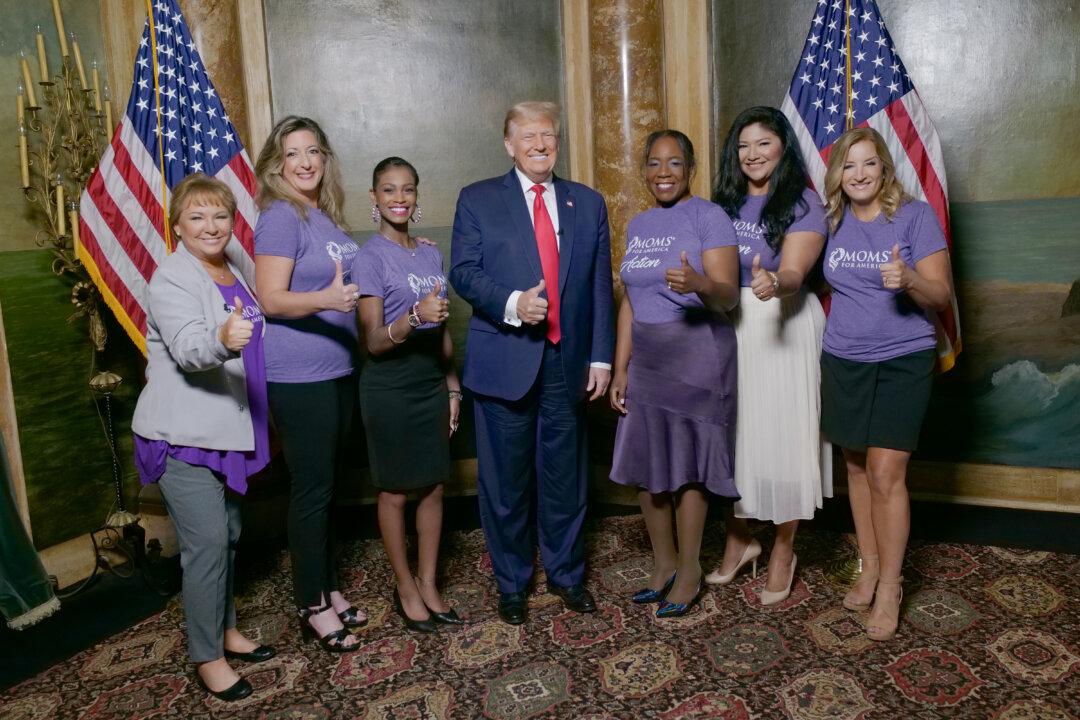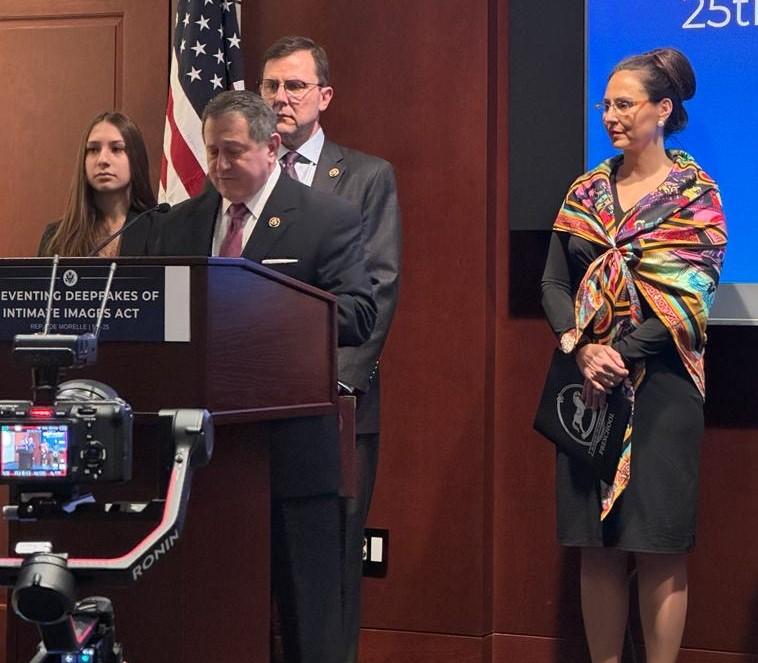In reaction to a mass defection of institutions participating in its annual rankings of the best law schools, U.S. News and World Report announced that it will change the methodologies and practices it uses in its evaluations.
The media company’s decision is a manifestation of a seismic change in higher education and the legal sector that is front and center of a heated national conversation on affirmative action and inclusion policies.





